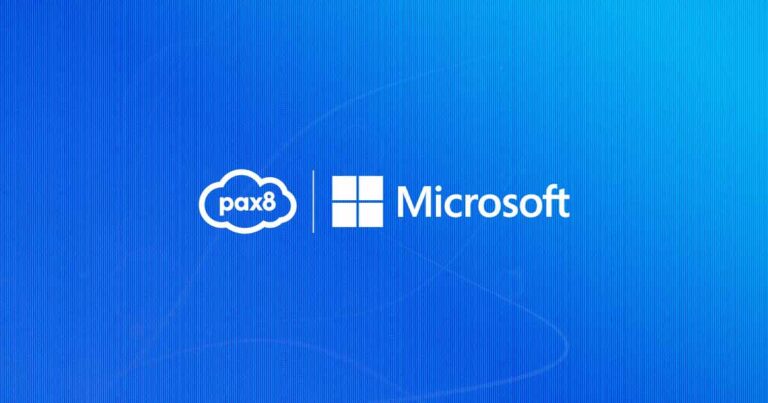Many people know that multifactor authentication (MFA) is a cornerstone of a solid cybersecurity posture. But MFA is not a “set it and forget it” tactic; ensuring it works as it should requires regular MFA audits. In this blog, we explore the top five reasons why it’s important for managed service providers (MSPs) and their clients to undergo regular MFA audits.
What is MFA and why is it important?
MFA is a security process that requires users to provide more than one method of verification to prove their identity when signing into an account. Instead of relying solely on a username and password, which can be easily compromised, MFA is a crucial cybersecurity step that adds an extra layer of protection by requiring a second “factor” such as a code from a mobile app, a fingerprint, or a security token. MFA is also sometimes referred to as two-step verification.
This additional step significantly reduces the risk of unauthorized access, making user accounts much more secure. That’s important for both consumer accounts such as for banks, social media, and online shopping, as well as users’ professional accounts, where access to important company data could be compromised.
MFA can test one of the following:
- Something you know: This includes passwords, PINs, and security questions.
- Something you have: This includes hardware or software tokens, certificates, email, SMS, and phone calls.
- Something you are: This refers to something integral to the person in question, such as fingerprints, using facial recognition technology, iris scans, handprint scans, and behavioral factors.
- Location: MFA can also rely on source IP ranges and geolocation.
Microsoft now requires MFA for several of its products and offers additional deployment considerations for MFA, including this assessment of authentication methods:
- Bad: password alone
- Good: password and SMS or voice
- Better: password and authenticator (push notification), software tokens OTP, hardware tokens OTP
- Best: passwordless with authenticator (phone sign-in), Microsoft Windows Hello, FIDO2 security key, certificates
What is an MFA security audit?
An MFA security audit is a way to ensure this security feature is working as it should. In an MFA audit, you first identify the type of MFA used by an application or system, then figure out whether the MFA implementation is robust and secure, and finally, attempt to bypass it. This involves reviewing, among other elements:
- The login page
- Critical functionality, including disabling MFA and how users update passwords and factors
- Federated login providers
- API endpoints, both web and mobile
- Alternative (non-HTTP) protocols
- Test or debug functionality
Why do you need to enact MFA audits?
Regular MFA security audits are crucial for these top five reasons:
1. Identifying vulnerabilities: Regular audits help identify any potential vulnerabilities within the MFA setup that could be exploited by malicious actors. This includes checking for weak points in the authentication process, ensuring that backup methods are secure, and verifying that the system is up to date with the latest security patches.
2. Ensuring compliance: Many industries have regulations that require security measures including MFA to be in place, such as finance and healthcare. Regular audits ensure that the organization is compliant with these regulations, which can help avoid legal penalties and fines.
3. Maintaining trust: By conducting regular audits, an organization demonstrates its commitment to security, which helps maintain trust with customers, partners, and stakeholders. This is especially important for organizations that handle sensitive data, but it doesn’t matter what size the organization is — trust matters, whether you’re dealing with an enterprise or small- to medium-sized business (SMB).
4. Adapting to new threats: The threat landscape is constantly evolving, and regular audits allow an organization to adapt its security measures to counter new types of attacks.
5. Training and awareness: Audits can also serve as a training tool, increasing awareness among employees about the importance of security and their role in maintaining it.
Making MFA audits a part of your regular security practices
It’s clear that regular security audits are a key component of a robust cybersecurity strategy, ensuring that MFA and other security measures are effective in protecting your clients’ assets and data. As Microsoft has MFA built into Microsoft 365 Business Premium, completing regular audits ensures it’s been correctly implemented and continues to work well.
Looking for guidance on MFA and other security best practices? Explore Pax8 Academy for the latest security and Microsoft courses, or get in touch with one of our representatives to speak about becoming a partner or any security questions you may have.





